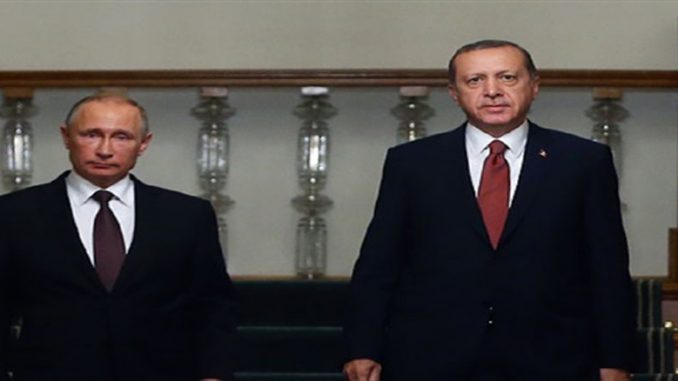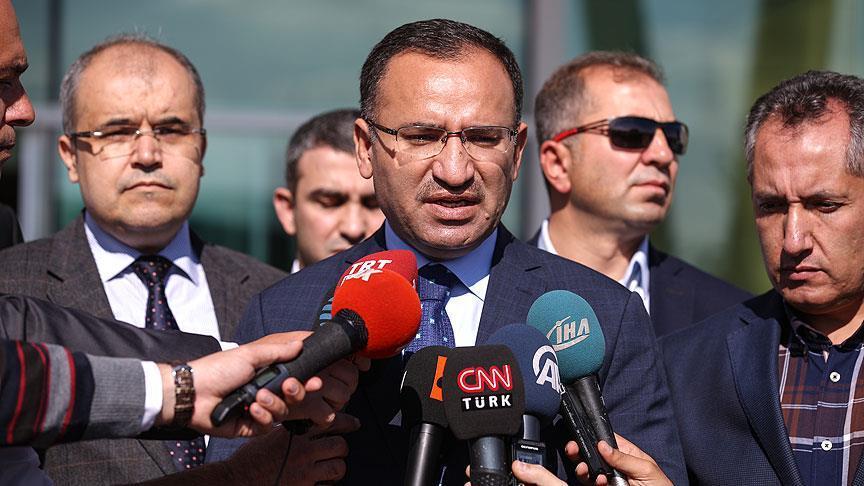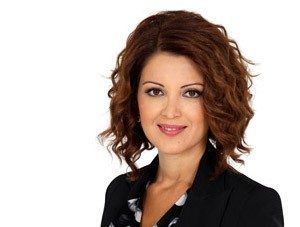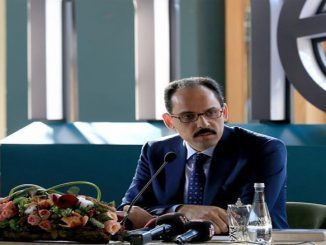
Russian President Vladimir Putin hosted his Turkish counterpart Recep Tayyip Erdogan for bilateral talks on Wednesday in the Black Sea coastal city of Sochi, second time in 2017.
Both leaders stroke optimistic tones during during the press conference where Erdogan said Russia and Turkey can “change the destiny of the whole region.”
President Putin and President Erdogan answered questions after their meeting at Sochi. President Putin, answering a question said: “The relations [beween the two countries] are evolving as planned. I am glad that we had the chance to meet with [the Turkish President] to talk about critical issues related to our bilateral relations and fundamental international problems, including the Syrian crisis, which shows that Russia-Turkey relations now holds a special status and are completely mended. ”
Putin continued: “I would like to congratulate you once again on the outcome of the referendum. I believe that the internal political situation in your country will soon improve and that this will be beneficial to Russia-Turkey relations.”
President Erdogan, on his Tweeter account, mirrored what the Russian president said, saying “Now [Russia and Turkey] relations are beyond normalized. We are starting a new process. Good Luck.”

President Erdogan, during the press session of the conference, announced that Idlib is now declared a “conflict-free zone” and that the two countries have now started the arbitration talks for a truce in Syria.
President Erdogan on his Twitter account published the same message and on two other messages said: “Our goal is to stop the bloodshed and maintain the territorial integrity of Syria.” , “Terror organizations in Syria will keep gaining ground as long as the proxy wars don’t stop.”

‘Safe Zones’ in Syria
Guarantor states Turkey, Russia and Iran have agreed to sign a memorandum on creating de-escalation zones in Syria.
“We welcome this memorandum on stopping the use of all kinds of weapons, including air elements, between the conflicting parties (in conflict-free zones) and ensuring the flow of urgent and uninterrupted humanitarian aid to the region,” Turkey’s Foreign Ministry released the statement. UN Secretary-General António Guterres has commended the memorandum on four security zones in Syria, which guarantor states Russia, Turkey and Iran agreed upon at Astana peace talks. Saudi Arabia said it was in favor of such zones but wanted more details. U.S. State Department spokeswoman Heather Nauert said the United States has “reason to be cautious” about the chances for success of the deal, though it appreciates the efforts by Russia and Turkey to help lower violence in Syria. She added that U.S. has concerns, including about Iran’s “guarantor” role in the Kazakhstan deal.
Ready to become strategic partners
During the press conference, the Russian President noted, for his part, that the Russia-Turkey relations have attained a special status and been fully restored.
He also stressed that the sides had agreed on a comprehensive decision to cancel mutual trade restrictions during the Sochi talks. At the same time, he added that restrictions on visa-free travel and supplying of tomatoes from Turkey to Russia would remain for the time being.
Tuncay Tursucu, an expert on the Russian economy, specifically pointed out the significance of Putin’s statement that Moscow and Ankara had finished normalizing relations.
He added that the agreements clinched by the two sides during the Sochi talks “will give a green light to the positive development of events along with shifts in the political sphere.”



